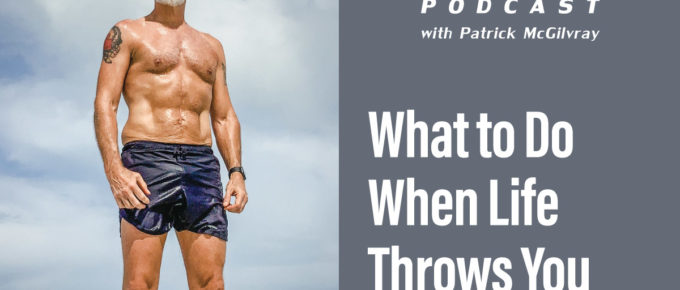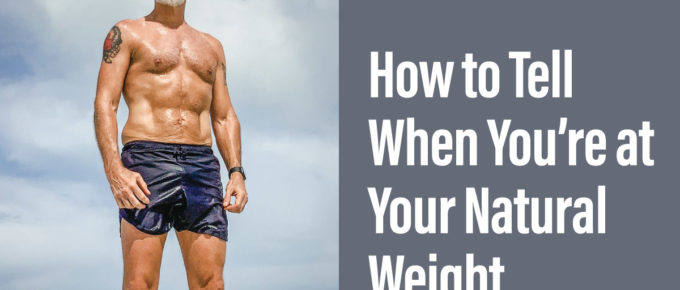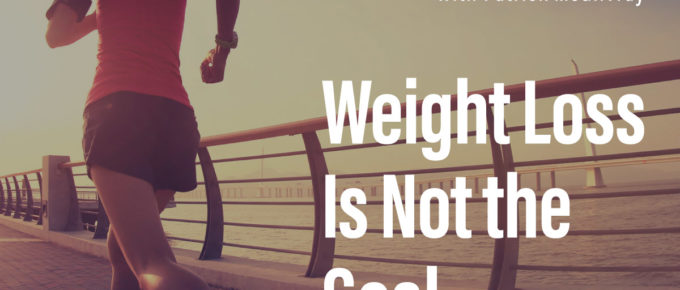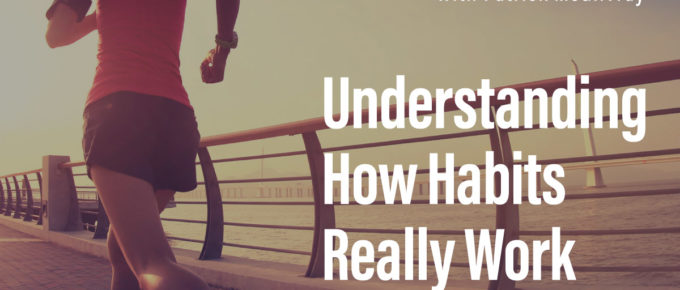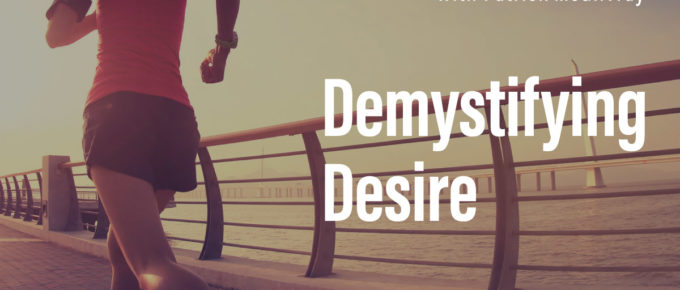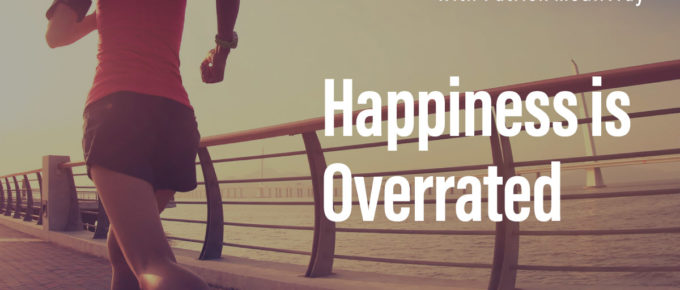Sometimes things just don't go your way. You might have to deal with a running-related injury, loss of job, divorce, another COVID lockdown, or some other unexpected setback in your life. What …
Continue Reading about 101. What to Do When Life Throws You Curveballs →

